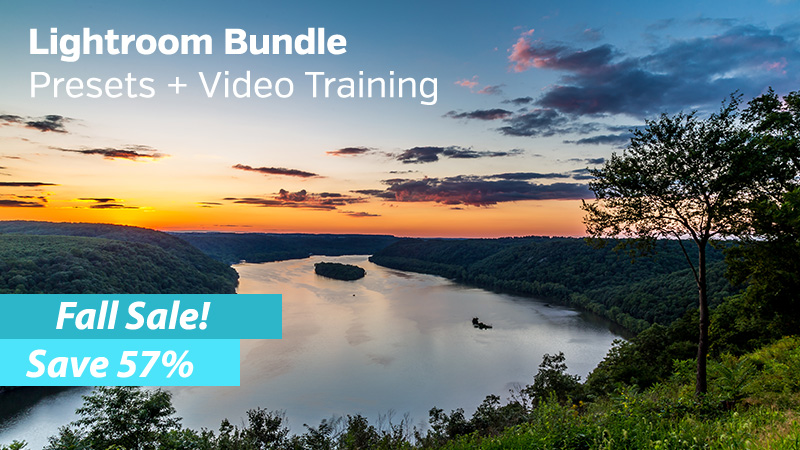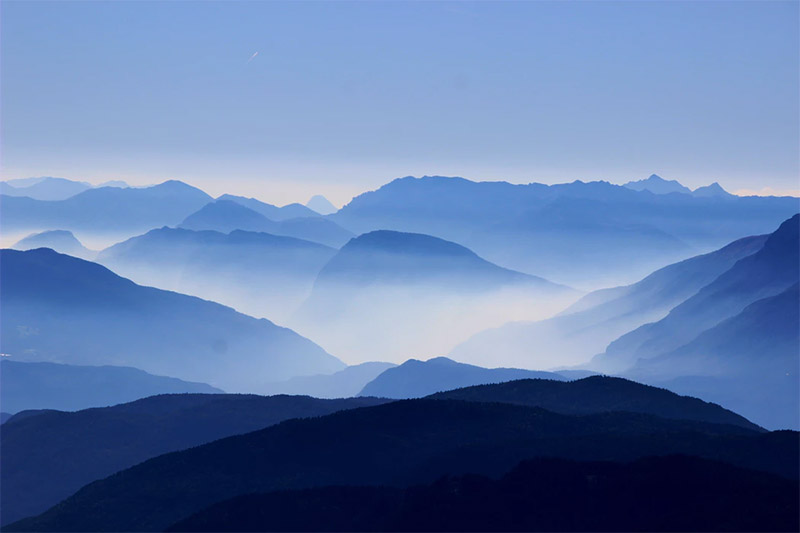
Photo by Luca Zanon / Unsplash License
If you read photography magazines or visit many photography-related websites, you’ve probably seen many advertisements for photography tours and workshops. Attending a workshop can be a great experience that allows you to takes your skills to the next level.
In this article, we’ll look at why you may want to consider attending a workshop and how you can go about choosing the right one.
Photography Tours vs. Photography Workshops
This article is focused on workshops, but since there are also a lot of photography tours available, I want to start by pointing out the difference. The main emphasis in a photography workshop is instruction and training. For workshops that are geared towards landscape photography, there will be travel involved to get to different locations, but the touring aspect is not the purpose of the workshop.
Photography tours, on the other hand, will lead you to different places of interest, but the teaching or instruction will be either limited or non-existent. The purpose of the tour is to get you to interesting places that you can photograph. There may be a guide or leader who is able to provide some help with photography, but the instruction and training is not the focus or purpose of the tour.
For example, you can head to the Grand Canyon and take a photography tour or a workshop. The tour might take you to some of the best spots, and possibly to some places that would be hard to reach on your own. You’ll have a professional guide who knows the area and puts you in the best places to come away with great photos, but the teaching and instruction will probably be limited. Or, you could take a workshop. With a workshop, you’d probably cover less ground, because the teaching and instruction will be the main focus.
Tours and workshops serve two different purposes, so it’s important to think about what you want before booking anything. If your goal is to improve your skills through professional training, choose a workshop. That’s what we’ll be looking at in this article.
Reasons to Consider a Photography Workshop
Now, let’s take a look at some of the most convincing reasons why you might want to attend a workshop.
1. Professional Instruction
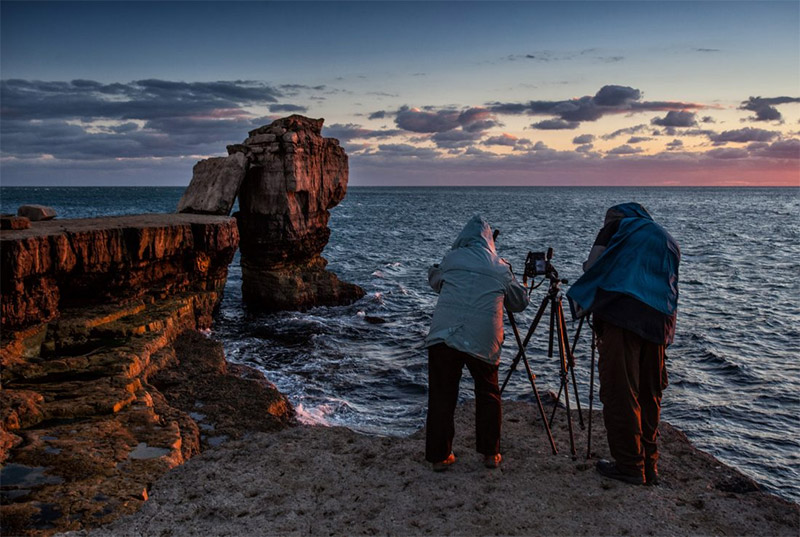
Photo by Tom Eversley / CC0
The obvious benefit to taking a photography workshop is the teaching and instruction that you will get from a professional photographer. Many landscape, nature, and wildlife photographers make a part of their income by leading workshops. Being able to get hands-on instruction in the field from a seasoned pro is extremely valuable.
2. Knowledgeable Guide
Although the workshop leader is not a tour guide, you’ll find the workshop leaders know the area very well. Most workshops are led by photographers who have spent a lot of time photographing the location, so they know the best spots for a sunset, the best vantage points for a waterfall, and some of the hidden locations that most travelers would miss. This type of knowledge and experience is extremely valuable, because they can get you in the right place to come away with beautiful photos. If you were to visit and photograph the same location on your own, you’d probably miss some of the things that are pointed out by a workshop leader.
3. Camaraderie
While individual and private workshops are an option, most workshops will involve a small group of people. Usually, there will be one or two photographers leading the group, and 5 – 15 people attending. Of course, the numbers will vary, but many attendees enjoy the camaraderie. Spending a few days with other photography enthusiasts can be a lot of fun.
4. Quick Improvement
With the help of professional training, it’s possible that you’ll see your skills quickly improve by attending a workshop. In just a few days you can make big improvements that have a lasting impact on the quality of your own photos.
5. Learn the Process
There are a lot of different ways to learn photography. Of course, getting practice is critical, but as far as training goes, you can read books or watch videos online. Books were very valuable to me in the early stages when I was trying to learn and understand as much as I could.
After I learned the technical aspects of photography, the part that I felt I was missing was seeing how a professional approaches the process. I took a private one-on-one workshop because I had never spent time with a professional landscape photographer, and I wanted to see how a pro would approach a shot on-location. The experience was really helpful just by giving me a few small pointers that I could start using when I was out on my own.
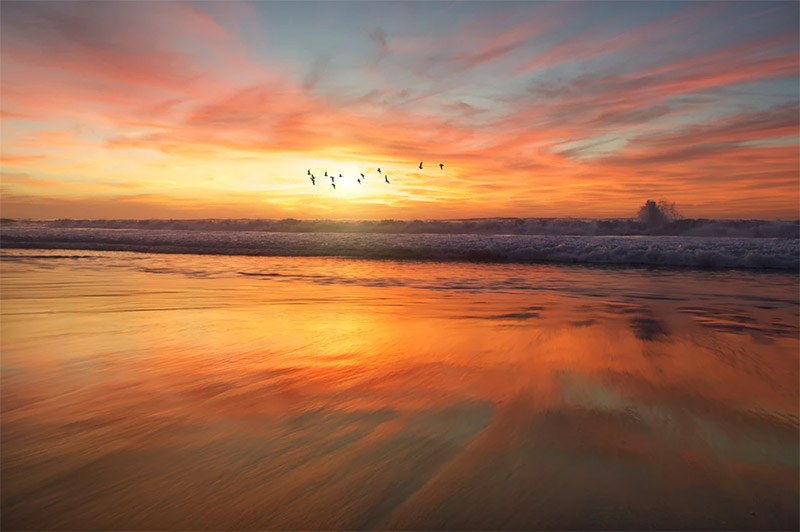
Photo by Frank McKenna / Unsplash License
Choosing the Right Photography Workshop
If you’re interested in attending a workshop, here are some things you should keep in mind as you decide which one might be right for you.
Group Size
It’s possible to do a one-on-one workshop, a small group, or a larger group. None is better than the other, but it does depend on your preferences. I chose to go with a one-on-one workshop because I wanted to be able to move faster than a group workshop would allow. I was able to do as much in one day as a typical group workshop would do in 2-3 days (with the exception of only having one sunrise and one sunset).
Some people prefer smaller groups, and others prefer large groups. Most workshops will list a range for the number of students that will be in the group, and you should also be able to find out how many instructions will be leading the group.
Length of Time
Most group works are somewhere around 3-5 days. Some are longer and some are shorter, but that length is pretty typical. This will be a bigger factor for some people than it will for others. I have young kids, so when I was looking at workshops I decided it would be better to do a one-on-one workshop for 1-2 days than to be away from home 5 days for a group workshop. Someone who is retired or at a different stage of life may have very different preferences.
Location
There are workshops at just about every location that landscape photographers would want to visit. Your options here are:
- Find someplace reasonably close to home that’s easy and quick to get to
- Pick a place that you’ve always wanted to visit and photograph
Deciding on a location is an important step because once you know where you want to go (or maybe a few places that would be options) you can really narrow down the list and choose the workshop that is right for you.
→ Find the best places to photograph here.
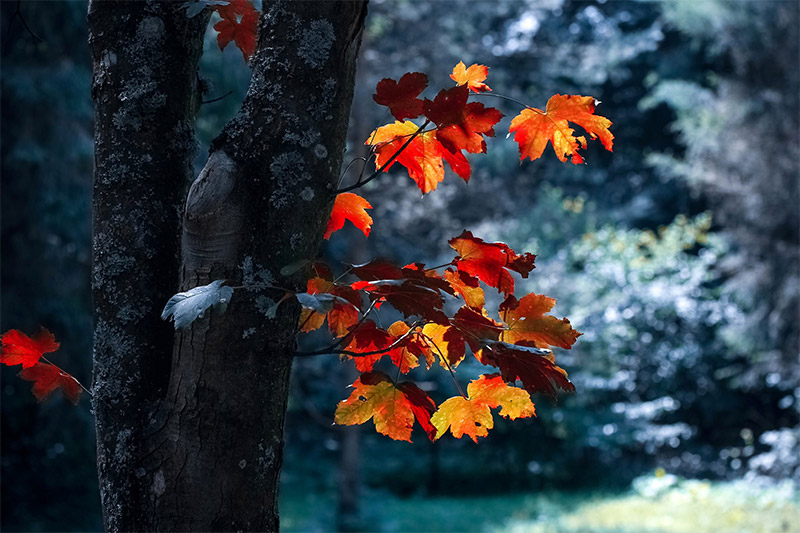
Photo by Vali S. / Pexels License
Cost and Inclusions/Exclusions
Photography workshops come in a wide variety of price ranges. Some are very reasonably priced, and others are very expensive. But it’s important to be sure that you are comparing apples to apples. Take a look at what is included and what is not included.
Some workshops will include things like accommodations and meals in the price of the workshops, and others will not include accommodations or food. There can also be a big difference between the types of accommodations and food that are included.
You’ll need to also consider the cost of traveling to the workshop, since that typically will not be included. Some workshops may include transportation from an airport, and most will include transportation during the workshop. Those are all things that you should check before booking anything.
Physical Requirements
Some workshops will involve minimal hiking and may be suitable for just about anyone. Others may involve longer hikes or even scrambling and light climbing to get to certain spots. The descriptions of the workshops should provide information about the physical requirements, but if it’s not listed, be sure to check with the provider if this is a concern.
→ Related reading: 9 Safety Tips for Landscape and Nature Photographers
Emphasis
Some workshops will have a particular emphasis. For example, the workshop may include a lot of night photography, or wildlife photography, or waterfall photography. Be sure that any emphasis is a good fit for what you want to learn, or go with a more general workshop.
Post Processing?
Some workshops will include classroom instruction that covers photo editing and post processing in Lightroom or some other software. Sometimes this will be on a flexible basis. For example, if the weather is not ideal, you may spend time in a classroom. If this is important to you, check to see if it will be a part of the workshop you’re considering. Another option is to purchase an online course like Lightroom for Landscapes and then choose a workshop that will devote all of the time to the actual photography.
Finding a Workshop
There are a few different ways you can go about finding a workshop. If you subscribe to Outdoor Photographer magazine, or other magazines that target landscape photographers, there are always advertisements for tours and workshops. NANPA.org (North American Nature Photography Association) has an event calendar with a lot of workshops led by their members. If you know where you want to go, you can also do a Google search (something like “Yosemite National Park photo workshop”).
If you decide to attend a workshop, I hope it’s a great experience that takes your photography to the next level.
Photo License links: CC0, Unsplash, Pexels
